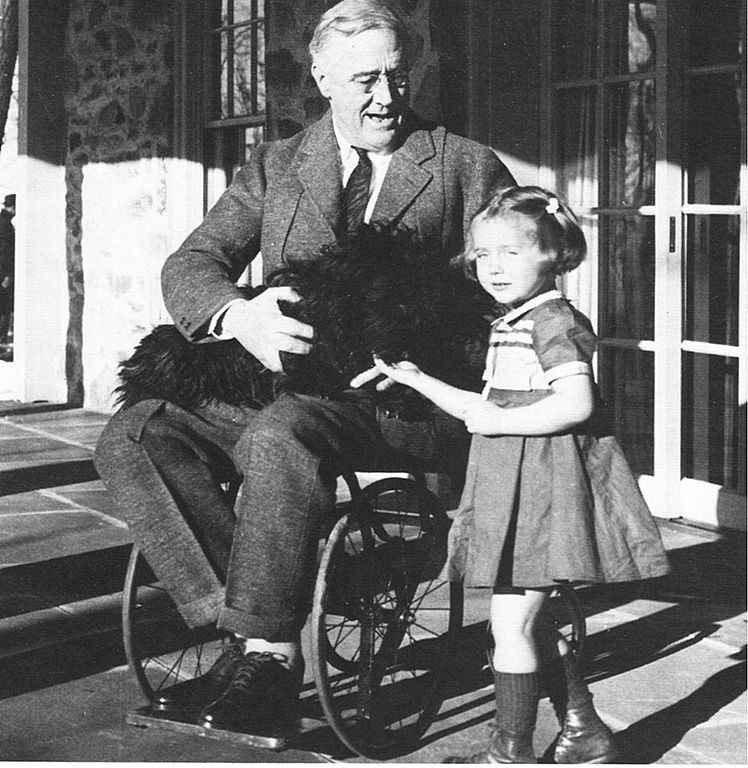
Suplemento educativo
Civics (history and government) questions for the naturalization test - part 8
Preguntas de educación cívica (historia y gobierno) del examen de naturalización - parte 8
Por Estela González Torres
November 2015C: Recent American History and Other Important Historical Information
78. Name one war fought by the United States in the 1900s.*
▪ World War I
▪ World War II
▪ Korean War
▪ Vietnam War
▪ (Persian) Gulf War
The U.S. fought five wars in the 1900s: World War I, World War II, the Korean War, the Vietnam War, and the (Persian) Gulf War.
79. Who was President during World War I?
▪ (Woodrow) Wilson
Woodrow Wilson was the 28th president of the United States. He served two terms from 1913 to 1921.
80. Who was President during the Great Depression and World War II?
▪ (Franklin) Roosevelt
Franklin Delano Roosevelt (FDR) was president of the U.S.A. from 1933 until 1945. He was elected during the Great Depression, which was a period of economic crisis after the stock market crash of 1929. Roosevelt led the nation into World War II after Japan’s attack on Pearl Harbor in December 1941.
81. Who did the United States fight in World War II?
▪ Japan, Germany, and Italy
The Japanese bombed American naval bases in a surprise attack on Pearl Harbor, Hawaii, on December 7, 1941. Italy and Germany, which were Japan’s partners in the Axis, also declared war on the U.S.
82. Before he was President, Eisenhower was a general. What war was he in?
▪ World War II
Before becoming president, Dwight D. Eisenhower served as a major general in World War II. He led the successful D-Day invasion of Normandy, France, on June 6, 1944.
83. During the Cold War, what was the main concern of the United States?
▪ Communism
The main concern of the U.S.A. during the Cold War was the spread of communism and The Soviet Union (USSR) was a powerful communist enemy.
84. What movement tried to end racial discrimination?
▪ civil rights (movement)
The modern civil rights movement wanted to end racial discrimination against African Americans and to gain full and equal rights for Americans of all races.
85. What did Martin Luther King, Jr. do?*
▪ fought for civil rights
▪ worked for equality for all Americans
King was the main leader of the civil rights movement of the 1950s and 1960s. He believed that every citizen deserves America’s promise of equality and justice.
86. What major event happened on September 11, 2001, in the United States?
▪ Terrorists attacked the United States.
Four coordinated terrorist attacks took place on September 11, 2001 by the Islamic extremist group Al-Qaeda network of Islamic extremists. It was the worst attack on American soil in the history of the nation.
87. Name one American Indian tribe in the United States.
▪ Cherokee
▪ Navajo
▪ Sioux
▪ Chippewa
▪ Choctaw
▪ Pueblo
▪ Apache
▪ Iroquois
▪ Creek
▪ Blackfeet
▪ Seminole
▪ Cheyenne
▪ Arawak
▪ Shawnee
▪ Mohegan
▪ Huron
▪ Oneida
▪ Lakota
▪ Crow
▪ Teton
▪ Hopi
▪ Inuit
Today there are more than 500 federally recognized tribes in the U.S. Each tribe is different and has its own social and political system, as well as their own languages, beliefs, stories, music, and foods.
Vocabulario útil
beliefs: [bilífs] creencias
fair: [fer] justo
fought: [fot] pasado de pelear [fight]; peleó
gain: [guéin] ganar, obtener
led: [led] pasado de dirigir [lead]; dirigió
own: [óun] propio
partners [pártners] socios
spread: [spred] extenderse, difundir
soil: [soil] tierra, piso
stock market crash: [stock market crash] caída de la bolsa (mercado de valores)
the Axis: [de áxis] el Eje
the Cold War: [de cold wor] la Guerra Fría
the (Persian) Gulf War: [de pershian golf wor] la Guerra del Golfo Pérsico
the 1900s: [de naintin jundreds] 1900
the worst: [de guorst] el peor
COPYRIGHT 2015
La Voz, Cultura y noticias hispanas del Valle de Hudson
Comments | |
| Sorry, there are no comments at this time. |

